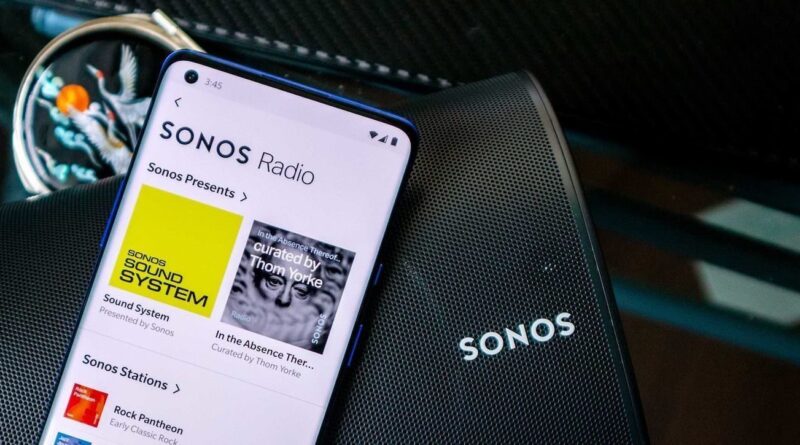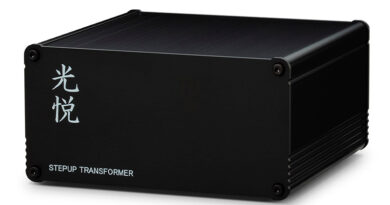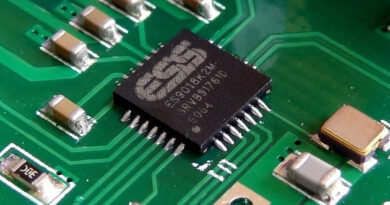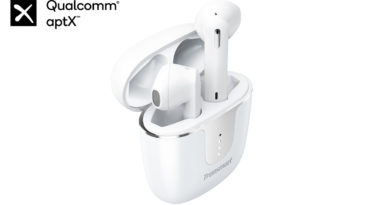Sonos sues Google again for wireless audio patent infringement
The lawsuits between Sonos and Google have been going on for a long time – back in January, Sonos filed a patent infringement complaint with the California federal court and the International Trade Commission (ITC), and now has added a lawsuit in Texas federal court for infringement of five more patents related to with wireless data transmission. Sonos senior lawyer Eddie Lazarus said Google had violated more than 100 patents in total.
However, Google has filed a retaliatory lawsuit against Sonos, claiming that the company is misinterpreting the results of their past collaboration and that the technology Google uses was developed independently of Sonos.
Sonos is known not only for its multi-room system, but also for its open struggle with large corporations, which, according to company representatives, easily pressurize smaller enterprises and prefer to simply steal technology and then pay a fine, because in any case, the profit from the use of technology exceeds costs – the product will enter the market and get its share.
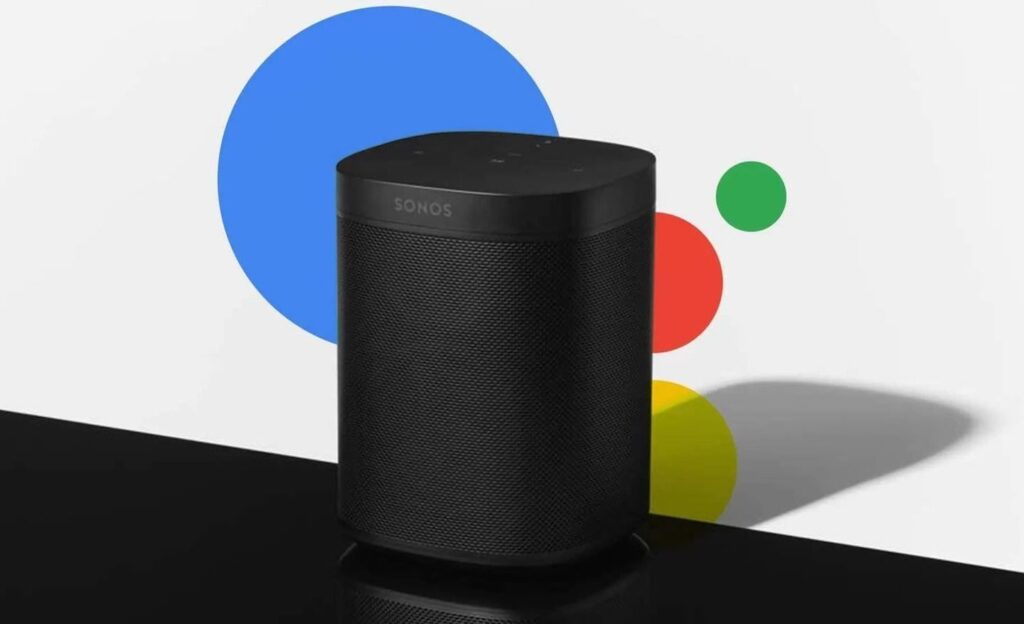
This year, Sonos CEO Patrick Spence spoke to the competition committee about such deliberate patent infringements: “Informed patent infringement is a big problem. That’s why we headed first to ITC, and now to Texas – to speed up the process and get a solution as quickly as possible. ” By the standards of patent litigation, “fast” is, according to Lazarus, about two years.
In the first batch of patents, Sonos accused Google of illegally using the basic functions of wireless audio systems – tuning, synchronizing sound between several speakers, creating stereo pairs. Sonos recently won a lawsuit against Denon in a similar case for the same patents.
The new lawsuit talks about new patents – one of them, for example, was received only two weeks ago, but work on it has been underway since 2011. These patents deal with more modern and advanced technologies: controlling playback from other devices, automatic acoustic equalization, speaker group control and creating sound presets for zones.
It would seem that this is basic functionality, and, according to Lazarus, the companies will infringe on Sonos patents in one way or another in any case, since Sonos was the first, and these technologies were not widely represented in technology at the time when the company developed them. At the same time, Sonos does not want to spoil relations with Google and at first tried to resolve the conflict peacefully: Sonos devices have integration with Google Home and support for the Google Assistant voice assistant – the company does not want to abandon them.
Ironically, Sonos was filing a lawsuit the day before Google’s presentation, which is rumored to introduce new smart speakers from the Nest and Home series.

